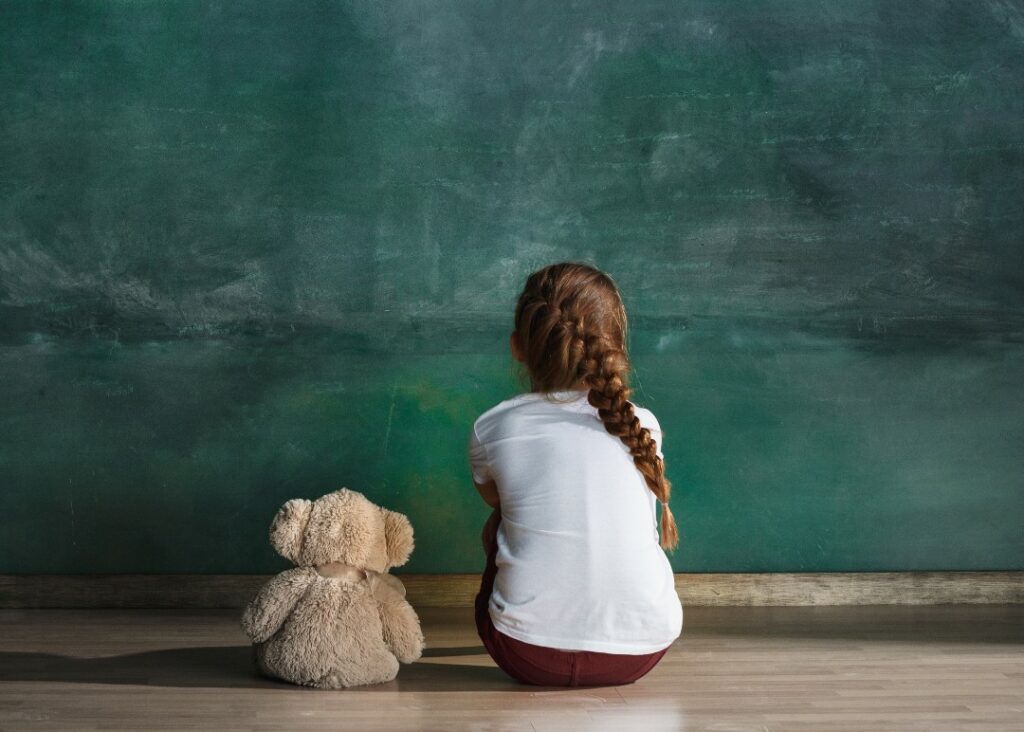This post originally appeared at https://www.badgerinstitute.org/childrens-mental-health-and-the-curious-case-of-crisis-spending/
Sitting on loads of cash, Wisconsin governor wants more pandemic relief funding

Few Americans question the physical and mental toll taken by COVID-19 and the government response to it. But when elected officials complain that they have so much federal emergency money that they won’t be able to spend it all on time, shouldn’t we ask what happened to the $8.4 billion when they come asking for $500 million more?
Gov. Tony Evers has added the $500 million to his 2023-25 budget to address a “burgeoning crisis” in mental and behavioral health, particularly among our children, created by the impact of the pandemic. In his State of the State address, he declared 2023 the Year of Mental Health.
However, there is little in the state’s own records of allocation and spending of more than its $8.4 billion share of CARES Act, the American Rescue Plan Act and the Investment and Jobs Act that suggests recognition of a “burgeoning crisis” in mental and behavioral health. Those emergency bills, the public was told, were passed to address every conceivable crisis related to the pandemic.
Of that substantial funding total, the Evers administration said it intended to spend $113.2 million through this past year “to increase access to mental health and substance use services, enhance programs and resources for children in need, and bolster the behavioral health workforce.”
Much of that spending is anchored in two programs launched with ARPA’s State and Local Fiscal Recovery Funds, according to Badger Bounceback, the state’s pandemic funding tracker.
Get Kids Ahead “provides school funds for direct mental healthcare, to hire and support mental health navigators, provide mental health first aid and trauma-based care training, or provide family assistance programs” through school districts across the state.
Some mental health support for school-age children is also provided through Beyond the Classroom.
How much of the nearly $31 million allocated for Get Kids Ahead or the nearly $50 million for Beyond the Classroom has been spent, what it has been spent on and if there have been any positive outcomes is impossible to say.
As the Badger Institute has reported over the past two years, it’s been pretty tough to say exactly how much of the entire $8.4 billion has been spent, where it is or where it’s going, either because the state doesn’t keep very good track of it or make it public.
Evers did not once mention in his State of the State address the mountain of ARPA money state, county and local governments are sitting on. As we have reported, roughly two-thirds of the ARPA funding allocated in Wisconsin has not yet been spent. Almost none of this spending has been audited and the Legislative Audit Bureau has scolded the state for its lack of transparency and accountability.
The governor did not address the possibility that the state, county or local governments sitting on this emergency trove might divert some of it to stem a burgeoning mental health crisis.
Instead, Evers is proposing that state taxpayers underwrite the Get Kids Ahead program whenever the ARPA money runs out. And while we can’t be sure how or if that federal seed money is being spent, the governor is so confident taxpayers will love it that they’ll want to spend $270 million to make Get Kids Ahead a permanent state program.
Local governments are already doing that with their allocations, using millions to plug holes in their budgets for day-to-day operations, setting the stage for a fiscal cliff that local taxpayers will have to clean up.
Stumped as to how to spend their windfalls, state and local governments are spending millions of federal dollars to boost minor league baseball, rebuilding boat landings and creating new soccer complexes, as the Badger Institute has reported.
And while this kind of spending is going on, roughly a gazillion studies have been done telling us children’s mental health is in crisis. “Since March of 2020, we’ve seen Emergency Management Service calls related to mental health spike in response to the magnified stressors and pressures of the pandemic.”
Milwaukee County Executive David Crowley said that in February of 2021, almost a year after the CARES Act passed and a month before ARPA passed. Gov. Evers probably waited too long to declare a Year of Mental Health.
As state taxpayers are all too aware, it is never too early for a politician to declare a year of begging for more money. But they surely have every right to ask the state’s top politician to account for every dollar of that emergency money before signing off on another penny of their own.
Mark Lisheron is the managing editor of the Badger Institute’s Diggings magazine. Permission to reprint is granted as long as the author and Badger Institute are properly cited.
The post Analysis: Children’s mental health and the curious case of crisis spending appeared first on Badger Institute.
